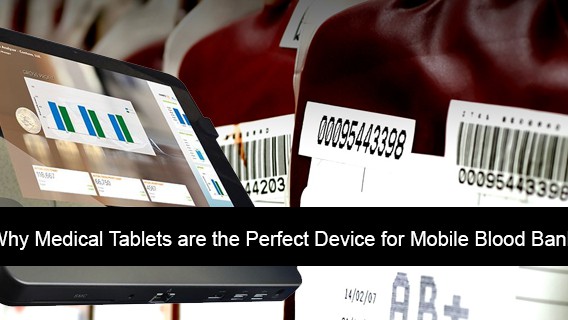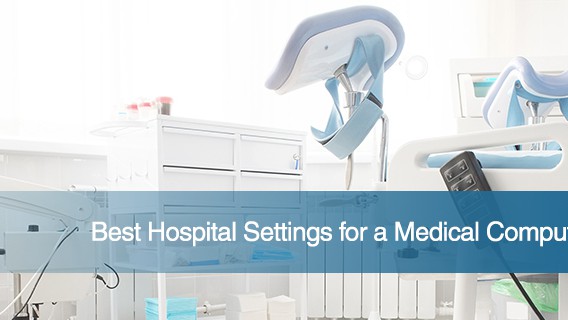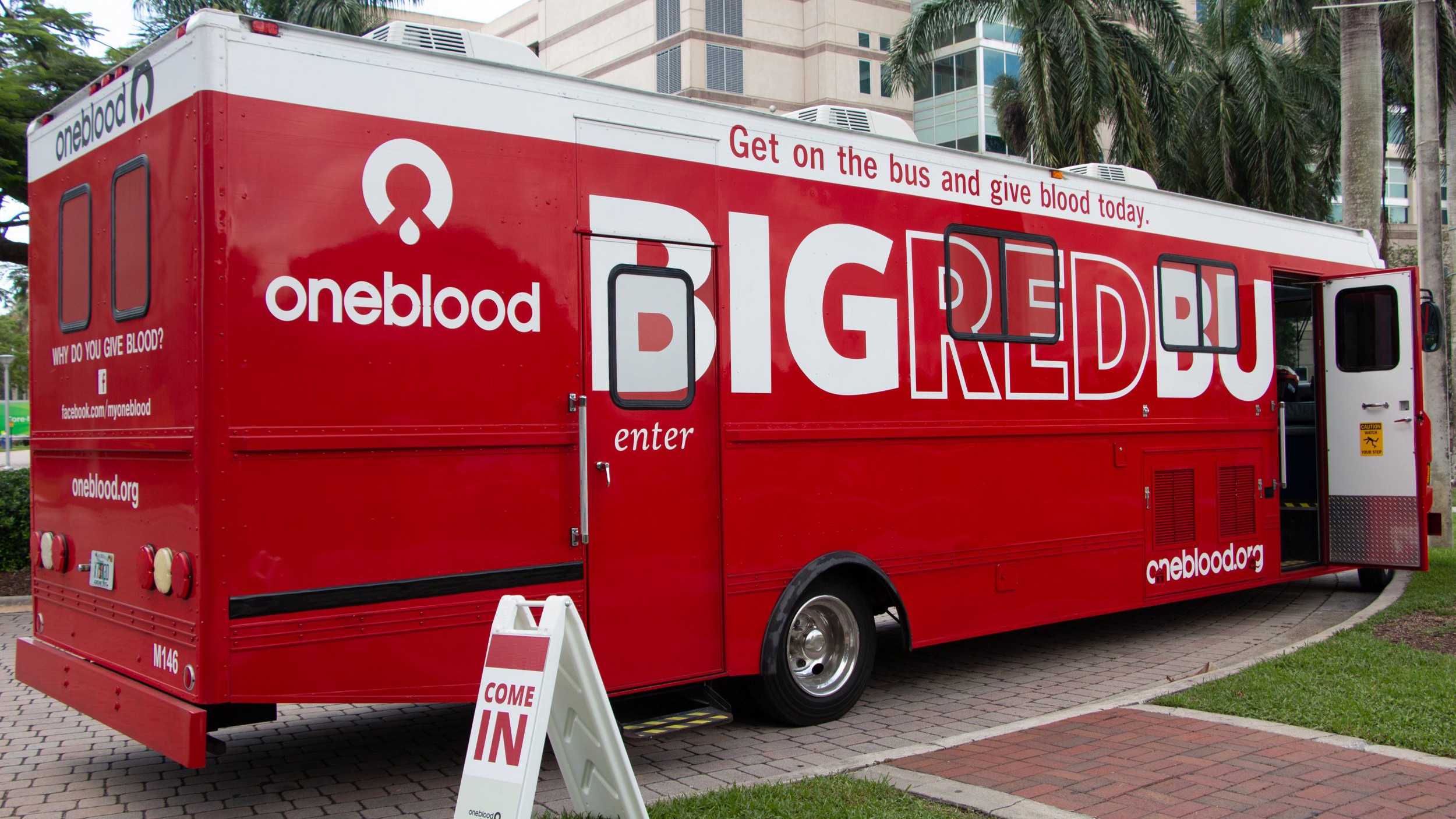The demands of modern mobile healthcare are much more challenging than those of most other industries. This is where lives are at stake, and emergency situations arise at little to no notice. In recent years, sophisticated computing has worked hand-in-hand with infrastructural advancements to increase the capabilities of mobile healthcare. Medical grade computers and tablets are now completely geared towards facilitating the provision of state-of-the-art medical care in mobile or makeshift situations.
Mobile Medical Care
Article Guide
Mobile medical care encompasses a host of concepts ranging from virtual mobility – such as patient data sharing – to actual physical portability of medical equipment and processes. The most tangible illustration of the latter can be seen in modern medical emergency vehicles. This includes ambulances that are used to transport patients from one station to another, as well as non-transporting EMS vehicles that are dedicated to moving medical equipment and supplies, and in some cases paramedics, to a site of emergency.
Up until a decade ago, medical vehicles were hardly equipped to adequately cater to emergencies. Today, industrial computers play a critical role in patient care during medical emergencies. Sturdy, shock proof and highly sophisticated, these rugged computers and tablets are designed to withstand demanding situations, and deliver results that ordinary computers could not have.
Fanless Rugged Mini PCs in Mobile Medical Care
The most commonly used medical tablets are the fanless rugged mini PCs. These industrial computers package superior performance in a casing that is resistant to heat, water damage, dust, microbes, shocks and vibrations. Their fanless cooling systems further add to their toughness and give them small footprints that can be docked into any setup – in this case a medical emergency vehicle. Modern industrial mini PCs are also equipped with wireless functionality, again adding to the convenience with which they can enable paramedics to stay connected with hospitals and medical centers.
RFID Scanners
Industrial computers also boast of some highly developed features that give them an edge over even the most top-notch regular PCs. Medical care providers can use the built in RFID scanners in these systems to bring themselves up to speed with a patient’s medical records and test results and update this information with details of any drugs administered or procedures performed during transit to a medical facility.
Industrial Computers in the Mobile Medical Industry
The rapid increase in the number of industrial computers used in the mobile medical industry is increasing with time. Thanks to these devices, medical emergency vehicles are now able to provide advanced life support to patients in critical conditions. They also allow basic tests and prepping procedures to be conducted in transit, and relay this information in real time to the hospitals the concerned vehicles are affiliated to. Even blood banks have adopted industrial tablets as the control devices in their mobile donation centers, using built-in barcode scanners to acquire donor data, thus saving precious time and effort.
Mobile medical care has broken new ground worldwide, and the bulk of the credit goes to industrial computers. Visualizing a future where a standalone vehicle can provide advanced medical care to a remote location without immediate hospital access is no longer all that difficult.
Why Medical Tablets are the Perfect Device for Mobile Blood Banks
August 13, 2015
The pervasive use of electronic devices in the professional arena has changed the way tasks are being carried out. The use of electronics devices has had a tremendous impact on specific industries. The medical…
0 Comments4 Minutes
Best Hospital Settings for a Medical Computer
September 24, 2015
The importance of using medical computers stems back to when former Secretary of Health and Human Services, Mike Leavitt, noted the importance of effective information technology in hospitals. Levitt, who served in the…
0 Comments5 Minutes
How Medical Tablets Enhance Care at Mobile Clinics
May 20, 2021
We’ve discussed at length how COVID-19 has changed healthcare on this blog, but one thing we haven’t discussed as much is the way it has highlighted inadequacies and inequalities that already existed. The pandemic has…
0 Comments10 Minutes
You Can't
Learn from a Pop-up
But we can deliver knowledge to your inbox!
We dive deep in the industry looking for new trends, technology, news, and updates. We're happy to share them with you.
Knowledge, News, and Industry Updates Right in Your Inbox





